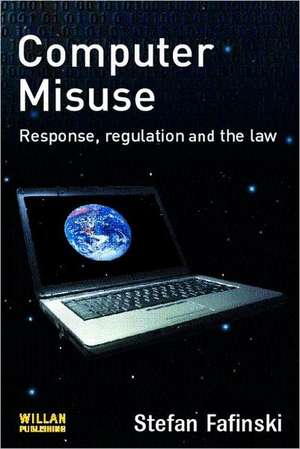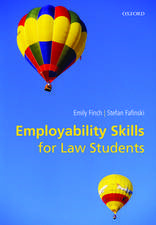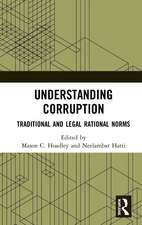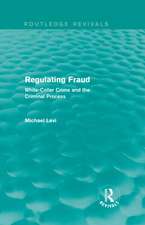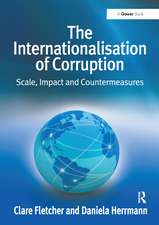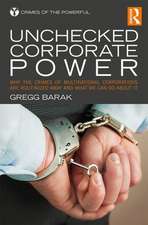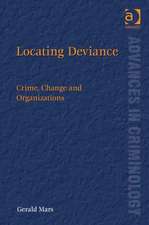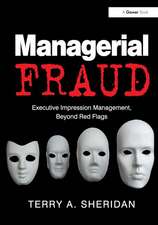Computer Misuse: Response, Regulation and the Law
Autor Stefan Fafinskien Limba Engleză Paperback – apr 2009
This book will be of interest to students of IT law as well as to sociologists and criminologists, and those who have a professional concern with preventing computer misuse and fraud.
| Toate formatele și edițiile | Preț | Express |
|---|---|---|
| Paperback (1) | 391.14 lei 43-57 zile | |
| Taylor & Francis – apr 2009 | 391.14 lei 43-57 zile | |
| Hardback (1) | 1007.86 lei 43-57 zile | |
| Taylor & Francis – apr 2009 | 1007.86 lei 43-57 zile |
Preț: 391.14 lei
Nou
Puncte Express: 587
Preț estimativ în valută:
74.84€ • 78.35$ • 61.93£
74.84€ • 78.35$ • 61.93£
Carte tipărită la comandă
Livrare economică 07-21 aprilie
Preluare comenzi: 021 569.72.76
Specificații
ISBN-13: 9781843923794
ISBN-10: 1843923793
Pagini: 352
Ilustrații: black & white illustrations
Dimensiuni: 156 x 234 x 23 mm
Greutate: 0.49 kg
Ediția:New.
Editura: Taylor & Francis
Colecția Willan
Locul publicării:Oxford, United Kingdom
ISBN-10: 1843923793
Pagini: 352
Ilustrații: black & white illustrations
Dimensiuni: 156 x 234 x 23 mm
Greutate: 0.49 kg
Ediția:New.
Editura: Taylor & Francis
Colecția Willan
Locul publicării:Oxford, United Kingdom
Cuprins
1. Introduction Part 1: Constructing the Problem of Computer Misuse 2. The Emergence of the Problem of Computer Misuse 3. The Evolution of the Problem of Computer Misuse 4. Computer Misuse and the Criminal Law Part 2: The Governance of Computer Misuse 5. The Risk of Computer Misuse and its Governance 6. The Legal Governance of Computer Misuse: Beyond the Domestic Criminal Law 7. The Extra-legal Governance of Computer Misuse Part 3: Examining the Solution 8. The Constellation of Control
Notă biografică
Stefan Fafinski is Lecturer in Law at Brunel University.
Recenzii
'Provides a comprehensive, valuable and timely critical review of the legal and extra-legal governance of computer misuse.' − Professor Martin Wasik CBE, Keele University
Descriere
This book is concerned with the nature of computer misuse and the legal and extra-legal responses to it. It explores what is meant by the term 'computer misuse' and charts its emergence as a problem as well as its expansion in parallel with the continued progression in computing power, networking, reach and accessibility. This book will be of interest to students of IT law as well as to sociologists and criminologists, and those who have a professional concern with preventing computer misuse and fraud.
